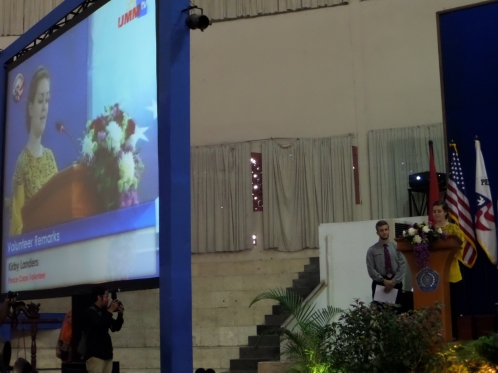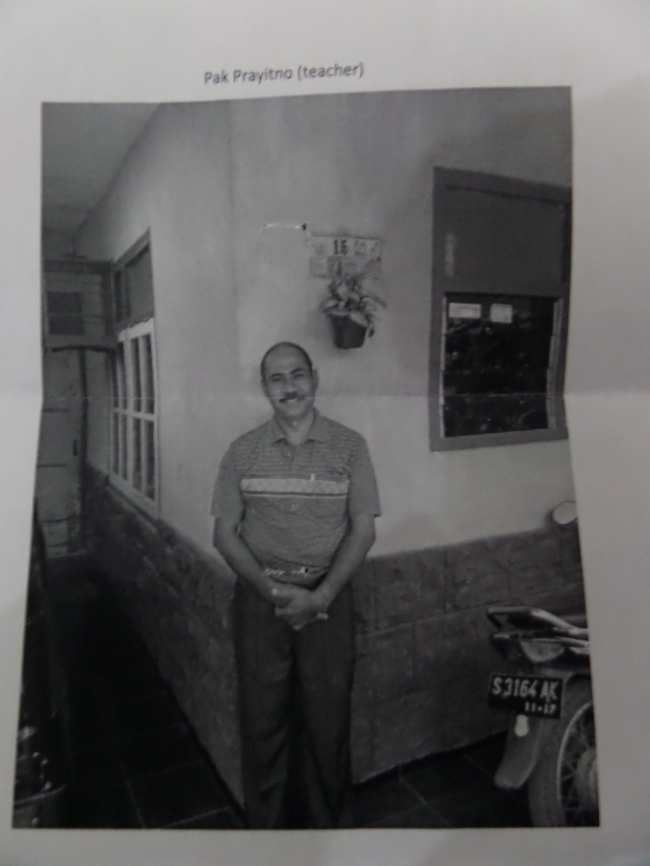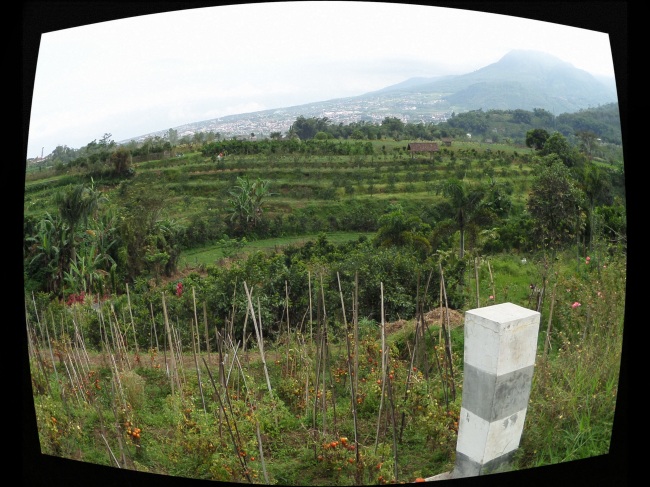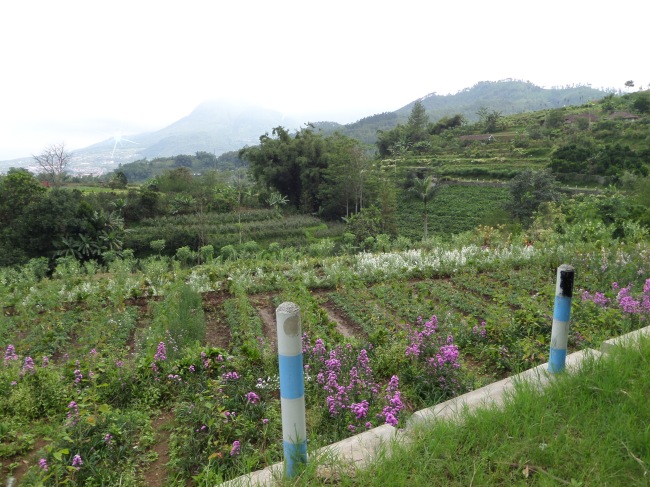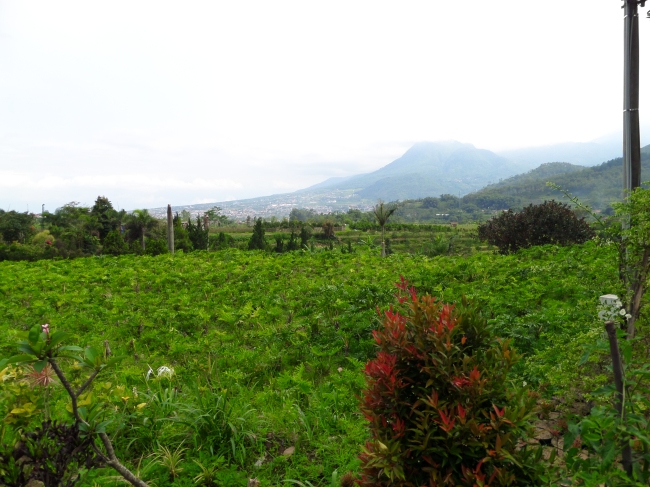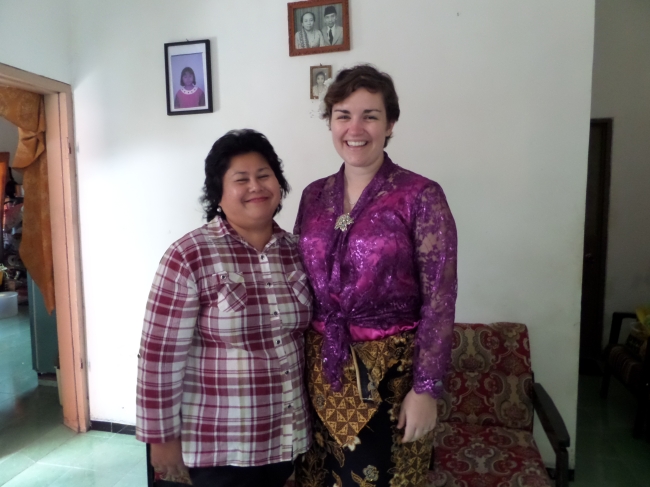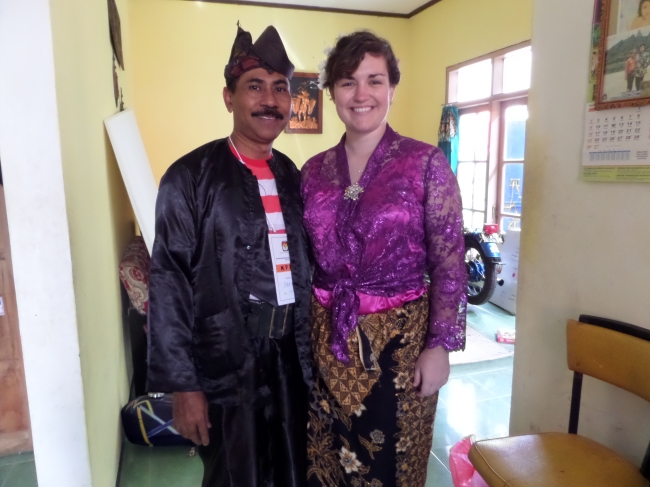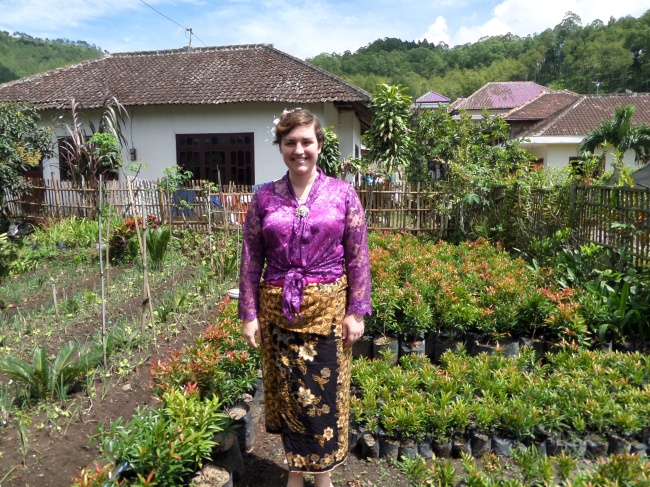For approximately the last 3 weeks, Indonesia (and the rest of the Muslim world) has been partaking in Ramadan. Beginning June 28th and lasting until July 28th, Ramadan is a spiritual experience which forbids individuals of faith from eating during the day. Don’t get me wrong, there is food, and quite a bit of it, but it is eaten at 4am and after 6pm. The rest of the day is spent fasting. From strong willed children to the elderly, everyone but the sick and menstruating, fast. (Note, children are not required to fast, but my six year old host sister has taken it upon herself to prove she too is capable.) Fasting consists of not consuming food, drink, or, most difficult for a majority of men, smoking. During this time, schools, such as mine, have orientation for the new upcoming students and are forced to finish early in the day so as not to risk exhausting both students and teachers. (Fainting among students is still rampant however). Even the federal post offices close by 2pm. You can imagine, that during this time, pace of life can be, occasionally, agonizingly slow.
I am not fasting, but I commend my fellow Volunteers who are. With the slow passing days, it has brought many of us to the brink of boredom, constantly asking ourselves, what should I do today? Take another walk? Watch another movie? Read another whole book? We were told Volunteer’s lives move at a very different pace than in America. And for some this is the most difficult part of service. But after being at permanent site for a month, just beginning to get our bearings, Ramadan began. This has tested our patience and self-ingenuity.
Having been very ill when Ramadan began, I was not back on my feet, and eating, until after a week of fasting had passed. But that time in my sick bed gave me an opportunity to seriously prioritize what endeavors I would undertake once I was recovered. As awful as it was, being out of commission helped me formulate a game plan for Ramadan, and quite possibly, for the future of my service. My plan was put into motion with the unassuming help of my sister.
Thanks to her inspiration and creativity, Liz dared my mom and me to an exercise challenge. At first, it was to provoke the competitive natures in both of us. But it has evolved over the last 2 weeks into a very motivational and empowering family activity. That, in combination with purchasing a bicycle have helped add a feeling of order and structure to my daily life. Biking through my community, it is so clear the joy of seeing a white woman riding a bike brings to people. Children run after me, woman point and giggle, and men ask me twenty questions. It seems to be quite the icebreaker.
Ramadan is a physically and spiritually challenging time for its participants. But ultimately, very rewarding. Six o’clock and the end of fasting is market by the mosque’s call to prayer and a countdown on the television. With the family gathered around the TV and food, we countdown the time together. The number 1 is followed by a communal shout of “Alhamdulillah!!” (Thanks and praise to God). And the feast begins…
